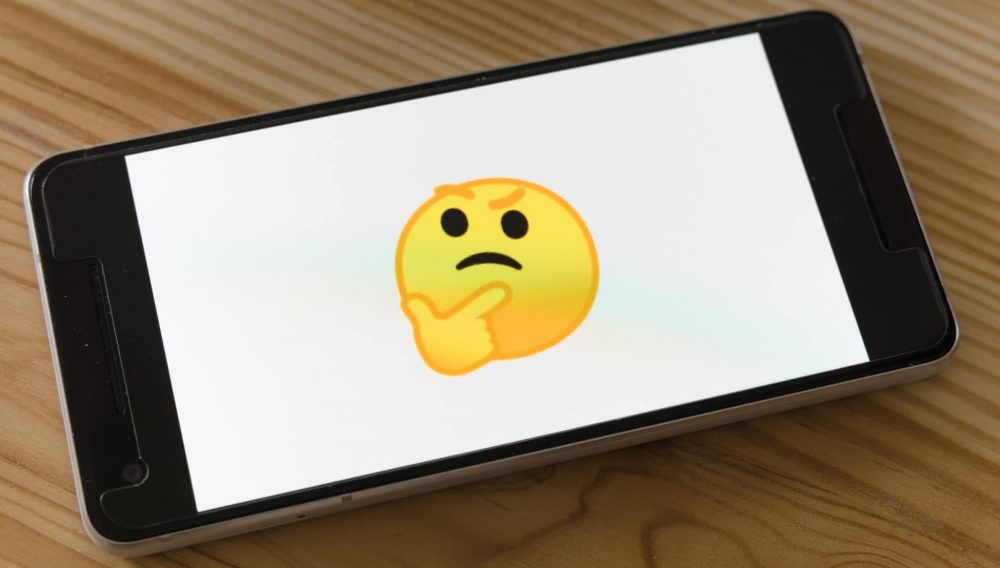
 Dipesh P. Gopal (left) is a GP and NIHR In-Practice Fellow at the Centre for Primary Care and Mental Health, Institute of Population Health Sciences, Barts and the London School of Medicine and Dentistry. He is interested in helping people who are living with and beyond cancer (cancer survivorship). @dipeshgopal He is on Twitter: @dipeshgopal
Dipesh P. Gopal (left) is a GP and NIHR In-Practice Fellow at the Centre for Primary Care and Mental Health, Institute of Population Health Sciences, Barts and the London School of Medicine and Dentistry. He is interested in helping people who are living with and beyond cancer (cancer survivorship). @dipeshgopal He is on Twitter: @dipeshgopal
Sara Calderón-Larrañaga (right) is a GP and LISS-DTP Clinical Doctoral Research Fellow at the Centre for Primary Care and Mental Health, Institute of Population Health Sciences, Barts and the London School of Medicine and Dentistry. She is investigating whether social prescribing can address the social determinants of type 2 diabetes in high-risk populations. @SaraCalderonL She is on Twitter: @SaraCalderonL
Research has shown gut feeling is important for general practitioners’ (GPs) diagnosis of cancer in a primary care setting.1 Despite its importance, gut feeling assumes traditional consultation set-ups with streams of patients in crowded waiting rooms waiting to see their family doctor every ten minutes. Since the coronavirus pandemic the safest options for both patients and staff is seeing patients who do need to be seen with appropriate personal protective equipment (PPI). The changing role of gut feeling has implications for clinical, research and educational primary care environments for the future.
Gut feeling assumes traditional consultation set-ups with …. patients …. waiting to see their family doctor every ten minutes.
Within general practice, telephone triage has existed for years but perhaps has been utilised at higher levels before the pandemic.2 Gut feeling is summed up as verbal and non-verbal cues in the context of GP knowledge and experience which could be categorised as unconscious type 1 or ‘fast’ processing. Face-to-face consultations are utilised when it is absolutely needed, and it may be difficult to judge facial cues behind masks. However, on the telephone alone, we rely on verbal cues alone, on words, tone and pitch used. Perhaps the research from gut feeling could be used when using video consultations, and perhaps introduce new elements into a consultation. A small minority of video consultations are hindered by technology, but this gives a new aspect to consultation giving the ability to judge non-verbal cues safely. Despite this, it could be argued that video consultations and e-consultations reinforce the inverse care law in a two-tiered tech-literate and tech-illiterate society.3 We are particularly worried about the patients who no longer feel that it is safe to consult their family doctor resulting in delayed presentations and potentially contributing to excess mortality for non-coronavirus causes seen during the pandemic.4
It could be argued that video consultations and e-consultations reinforce the inverse care law in a two-tiered tech-literate and tech-illiterate society.
When it comes to research, there is a change to how gut feeling manifests in clinical practice. There are established research centres both in the UK and in Europe on face-to-face consultations and gut feeling itself who are examining this topic, which will now have new areas of focus.5,6 These include understanding how gut feelings manifest on the telephone alone, facilitators and barriers during video consultations as well as detection of non-verbal cues with face masks in face-to-face consultations. Perhaps a novel area for investigation would be the way that gut feeling can manifest using the nuance of language and expression on written e-consultations and their subsequent interpretation by a clinician.
Finally, gut feeling, and detection of serious disease is mainly gained through experience, which is why our concern must turn towards future generations of doctors. Before the pandemic, GP trainees felt there was insufficient training for telephone consultations.7 Whilst consultation modalities change, telephone consulting training should be fully integrated into in-hours GP rotations rather than be left to out-of-hours training. MRCGP curriculum and assessment changes must occur to assess other consultation modalities such as audio consultation observation tools (COTs).8 It is only when sufficient competency and experience is reached in different consultation modalities that our trainees will detect serious disease using gut feeling.
As we move into a post-coronavirus world general practice and medicine will no longer be the same, with great opportunity for positive change in healthcare. Gut feeling is changing in clinical practice, research and education, hopefully without detriment to our patients.
References
- Smith CF, Drew S, Ziebland S, Nicholson BD. Understanding the role of GPs’ gut feelings in diagnosing cancer in primary care: a systematic review and meta-analysis of existing evidence. Br J Gen Pract. 2020 Aug 27;70(698):e612-e621.
- NHS Digital. Appointments in General Practice [online]. 2020. Available from URL: https://digital.nhs.uk/data-and-information/publications/statistical/appointments-in-general-practice [accessed 19.11.2020]
- Salisbury H. Helen Salisbury: The inverse care law in the digital age. BMJ. 2019 Jan 30;364:l308.
- Kraindler J, Barclay C, Tallack C. Understanding changes to mortality during the pandemic: Non-COVID-19 excess deaths in England and Wales [online]. 2020. Available from URL: https://www.health.org.uk/news-and-comment/charts-and-infographics/understanding-changes-to-all-mortality-during-the-pandemic [accessed 19.11.2020]
- Barnes RK, Salisbury C, Ridd M, Caddick B. One in a Million: primary care consultations archive [online]. 2019. Available from URL: http://www.bristol.ac.uk/primaryhealthcare/researchthemes/one-in-a-million/ [accessed 19.11.2020]
- Stolper E. Gut feelings in general practice [online]. 2019. Available from: https://www.gutfeelings.eu/ [accessed 19.11.2020]
- Chaudhry U, Ibison J, Harris T, Rafi I, Johnston M, Fawns T. Experiences of GP trainees in undertaking telephone consultations: a mixed-methods study. BJGP Open. 2020 May 1;4(1):bjgpopen20X101008.
- Maru D, Gopal DP, Gandhi H. Here is how we prepare the next generations of GPs for remote consulting [online]. BJGP Life. 2020. Available from: https://bjgplife.com/2020/05/04/here-is-how-we-prepare-the-next-generation-of-gps-for-remote-consulting/ [accessed 19.11.2020]
Featured photo by Markus Winkler on Unsplash






